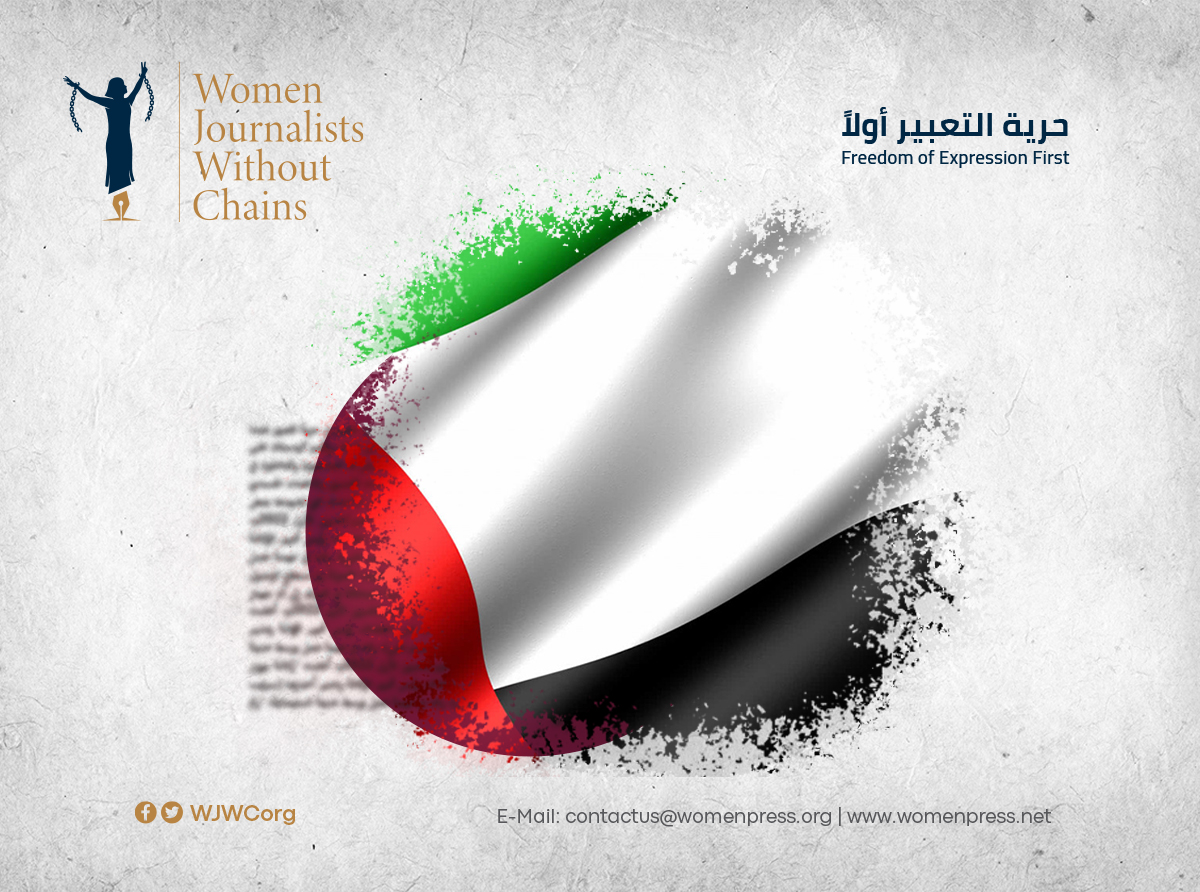The Yemeni Journalists Syndicate (YJS)has released its semi-annual report on Yemen's press freedoms from January to June 2006, saying that Yemen's journalism is facing a fierce war.
It calls for releasing all detained journalists kidnapped by the Houthi militias and al-Qaeda.
YJS registered 100 violations committed against journalists, cameramen, dozens of newspapers and websites.
YJS documented 24 cases of abduction, seizure, pursuits and disappearance, 13 cases of threats and incitement against journalists, 12 cases of assaults against journalists, media centers and possessions, 13 blockings of websites, tenattempted murders, six cases of murders, 11 cases of torture, seven cases of suspension and dismissal and barring from visiting, two cases of confiscation of journalist and newspaper belonging and two trials.
According to the report, the Houthis and Saleh were responsible for the majority of violations (65%) with unidentified gunmen responsible for 15% of cases. Governmental agencies and security forces related to the internationally-recognized government committed 7% of cases, while the militant Salafist group in Taiz committed 6 %.
Other abuses were carried out by the Arab coalition (5%), and armed followers of the southern movement (1%)and members of al-Qaeda in Hadramout (1%).
The 24 cases of abduction, detention, prosecution and disappearance were as the following: 11 abductions, six seizures, four pursuits, two detentions and one disappearance. The Houthi militias were responsible for 14 cases with unidentified individuals responsible for four cases. Governmental agencies and security forces related to the internationally-recognized government committed three cases. Two cases were committed by the Salafi Movement in Taiz and one by al-Qaeda.
The report registered 10 cases of attempted murder which was carried out against journalists and cameramen. The Houthi militias were responsible for seven cases and Saudi Border Guards were responsible for two cases while one case was committed by unidentified individuals.
It also documented six cases of murder against journalists and cameramen until the end of June. The Houthis were responsible for three cases and the Arab Coalition responsible for three cases too. The report registered 11 cases of torture committed against journalists by militias of the Houthis.
With regard to threats and incitement campaigns, YJS documented 13 cases; 11 cases of threats and two cases of incitement. The Houthi militias were responsible for five cases, unidentified agencies were responsible for five cases with the Salafi Movement responsible for two cases and a government official committed one case.
The report registered seven cases of salary suspension, dismissal and preventing from visiting. The Houthi militias were responsible for them. The Houthi Movement which controls the Communication Ministry was also responsible for 13 blockings of websites.
As for the attacks, YJS registered 12 cases including eight cases of beating, two cases of attacking media companies and one case of attacking belonging of journalists. Unidentified agencies were responsible for five cases with the Houthi Movement responsible for three cases. The Salafi Movement committed two cases, security agencies one case and the gunmen of the Southern Movement also one case.
The Yemeni Journalists Syndicate expressed growing concern over the continuation of the fierce attacks against freedom of expression, affirming that these crimes are no time-barring of prosecution. It asserted that their perpetrators must not go unpunished.
It renewed its demand to all parties to not involve journalists in political conflict, calling to immediately release journalists detained by the Houthi Movement and al-Qaeda.
YJS demanded all international organizations concerned in freedom of expression to express solidarity with the Yemeni journalism, journalists, and put pressures to end the systemic target of media freedoms in Yemen.

 En
En  Ar
Ar 




